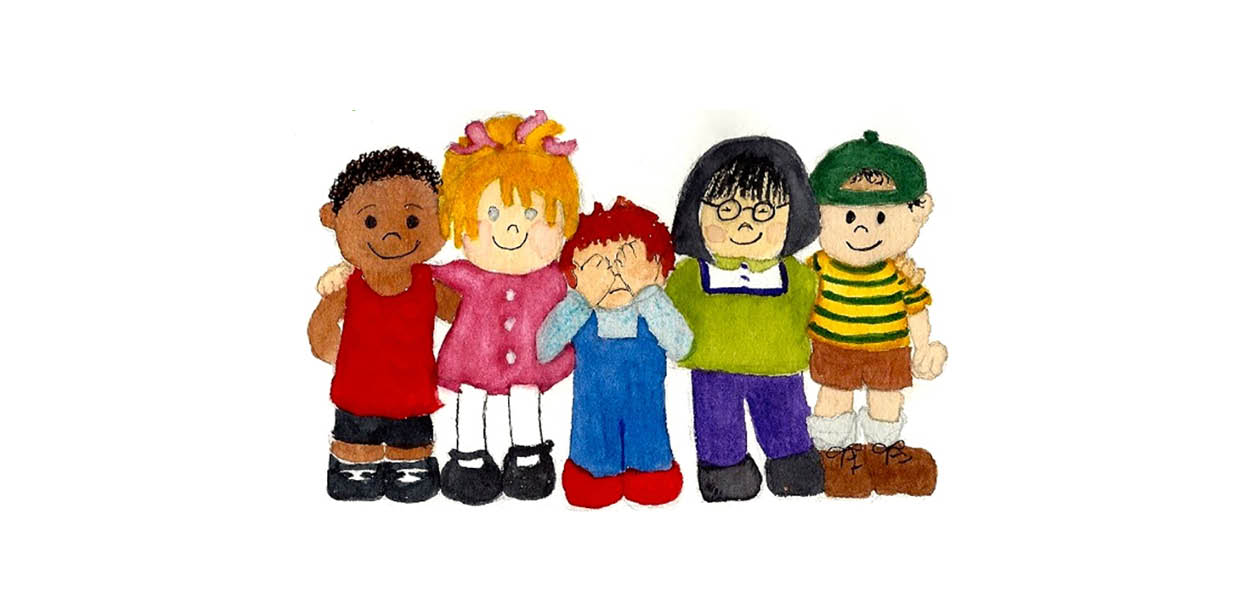Ohio Approved training for early childhood educators
Most bullying prevention programs focus on high school or middle school. But by then, the processes and behaviors that cause bullying are already deeply embedded and hard to correct.
“Helping Children Express Mad Feelings” is different. This training will help early childhood professionals identify typical and atypical mad behaviors by observation. Once identified, they will help children modulate their mad feelings (small, medium, big) and give children the words to express their mad feelings – thus avoiding discipline and punishment that result from “acting out”, and developing self-advocacy skills and self-esteem.
This training will also help early learning professionals identify atypical “mad” behaviors (with respect to cultural differences) and assist parents in finding resources to help their child succeed.
- Aligns with Ohio SUTQ content standards in the Social Emotional domain
- Helping children to stand up for themselves, encourage empathy and succeed in school and life.
- 20 hours in 6 sessions
To schedule this series for your organization, or to find out when our next class will be held, contact our Community Collaborations and Professional Development office.
Session One: Helping Children Express Mad Feelings
Step-Up-to-Quality Approved
This training will help early childhood professionals identify typical and atypical mad behaviors by observation. Once identified, they will help children modulate their mad feelings (small, medium, big) and give children the words to express their mad feelings. This training will also help early learning professionals identify atypical “mad” behaviors (with respect to cultural differences) and assist parents in finding resources to help their child succeed.
This training is also appropriate and available to parents and others who are not professional educators.
Session Two: Mad vs Mean
3 hours
OA-L3
This training is part two of “Helping Children Express Mad Feelings” and goes into depth about why children need to distinguish between mad and mean feelings, and be able to identify the level of mad feelings they are experiencing. It helps teachers guide children to modulate their feelings are respond in an age appropriate way.
Session Three: Helping Children Keep Their Loving Feelings
3 hours
OA-L3
This training is part three of Helping Children Express Mad Feelings. This training helps teachers recognize when and how children lose their loving feelings due to anger and redirect children to help them regain their loving feelings towards others.
Session Four: Mean Fun
3.5 hours
OA-L3
This training builds on the previous 3: discussing another form of bullying called “mean fun”. It will follow child development from toddler to preschool; identify how meanness starts (in toddlers) and how moms will help the toddler, and the consequences of not helping children recognize the way others can be hurt by words or actions. It also covers the important role of the bystander in mean fun behavior.
Session Five: Your Inside Helper
3.5 hours
OA-L3
This training helps early learning professionals/parents help children manage frustration, set limits, and promote self-control by using their “inside helper”. Participants will identify when they have observed frustrated children in the classroom and explain how they helped the child identify their feelings, control their angry feelings, and make the necessary corrections that will make the child feel good about themselves.
Session Six: Involving Families
3.5 hours
OA-L3
This is the 6th in a series of trainings focusing on helping children express feelings in an appropriate way. Participants will learn ways to involve families in helping children develop the skills to express feelings appropriately for success in school and life. It is interactive and requires group participation throughout.


